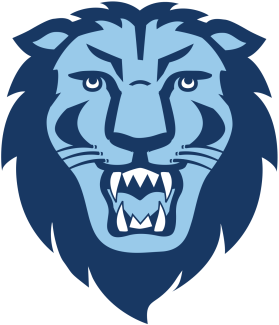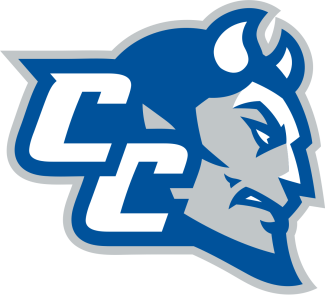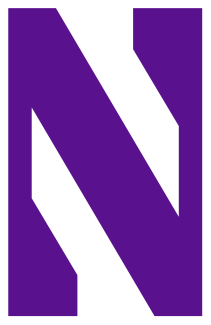The amount of people that ask to touch my hair on a daily basis is ridiculous. Sometimes I would come to practice with my hair braided so maybe nobody would ask me about it. “How do you get your hair like that? Do you wash it? Do you shower every day? Do you tan?”
I’ve been running track since I was 9. As you can imagine, that helped me with lacrosse. I’m a sprinter, so those short bursts, I’m good for that. I’m pretty built for a girl. Some people tell me my legs look like a man’s. They act like I have some type of unfair physical advantage over them. “Don’t black people have an extra bone that makes you faster?” What that translates into is I didn’t get to this place because I worked hard and put in the extra time and effort. I got to this place because I have an extra bone.
This is the one that’s always going to stick with me: It was my first year of high school. I was a freshman trying out for the lacrosse team. All of my friends were going to spring track. I decided that if I didn’t make JV A and only JV B, I wasn’t going to play.
I made JV A. We got our lockers. Everyone gets a little piece of paper to write their name and put it on their locker. I came in Monday morning for practice. Somebody wrote, “[N-word] b-tch” on my locker, on the tag with my name.
I took it off, put it in my pocket, called my dad and cried a lot. I wanted to quit. I still don’t know who did that. It could be somebody I still play with today and I’d have no idea. I was only 13.


























































